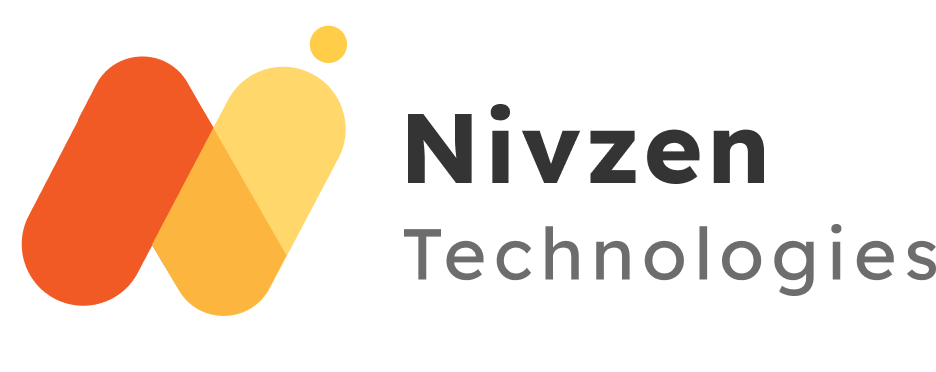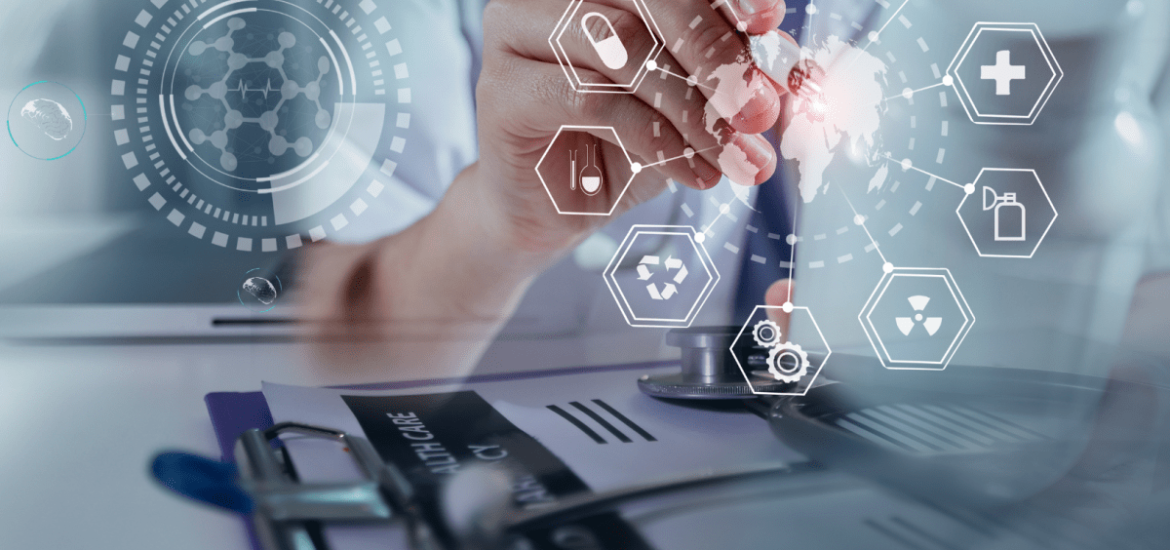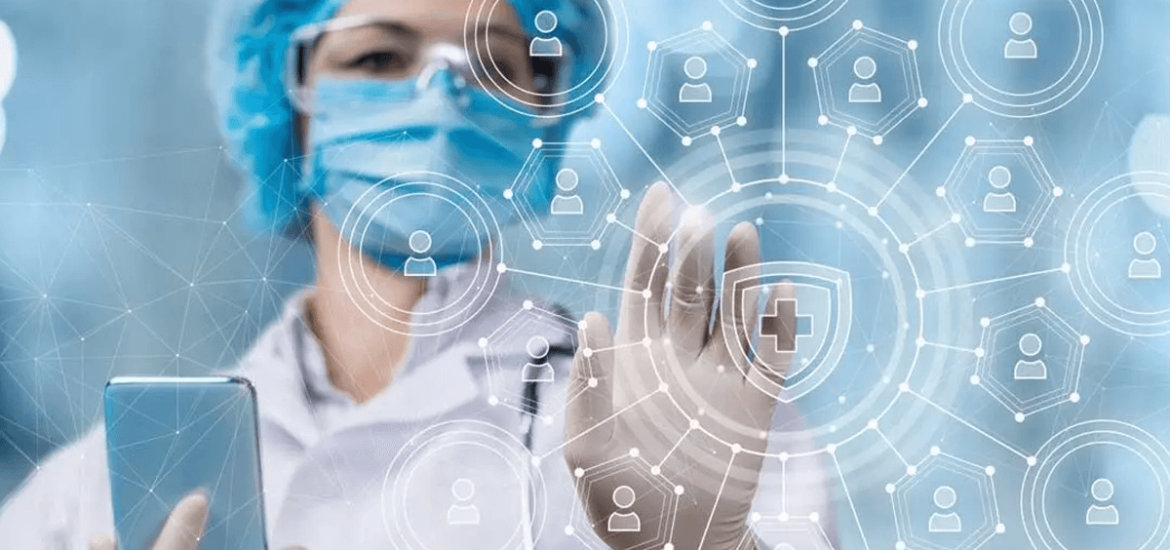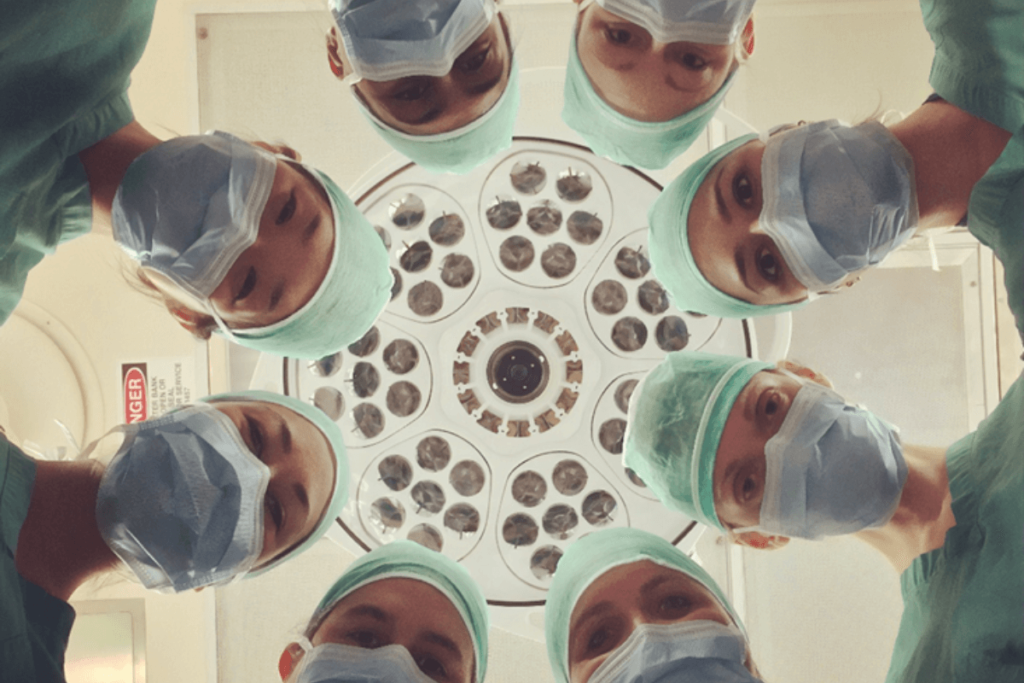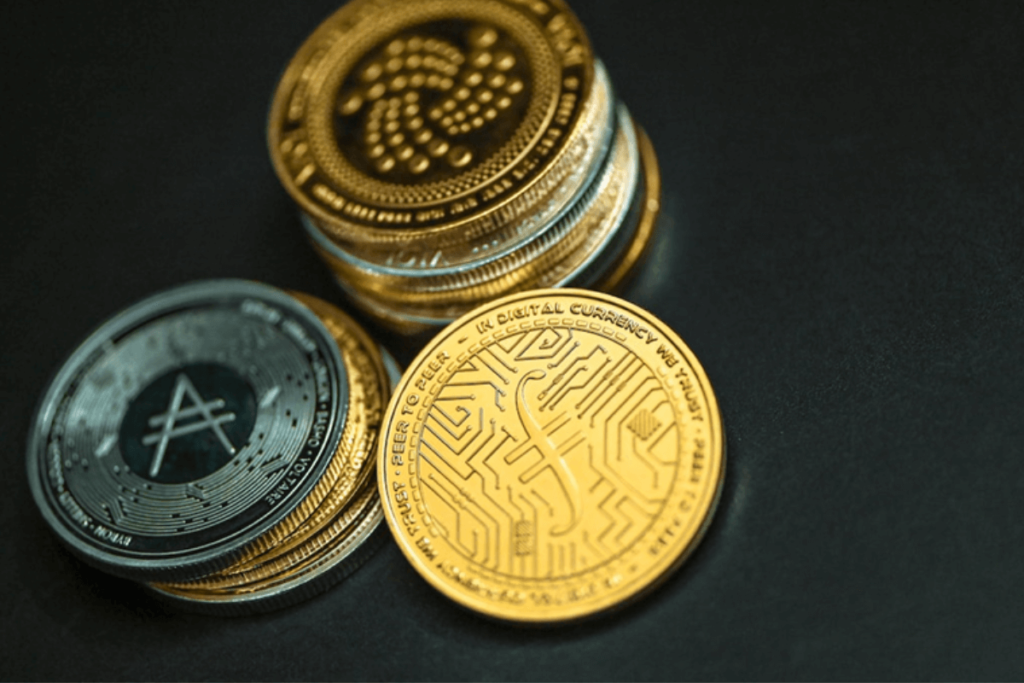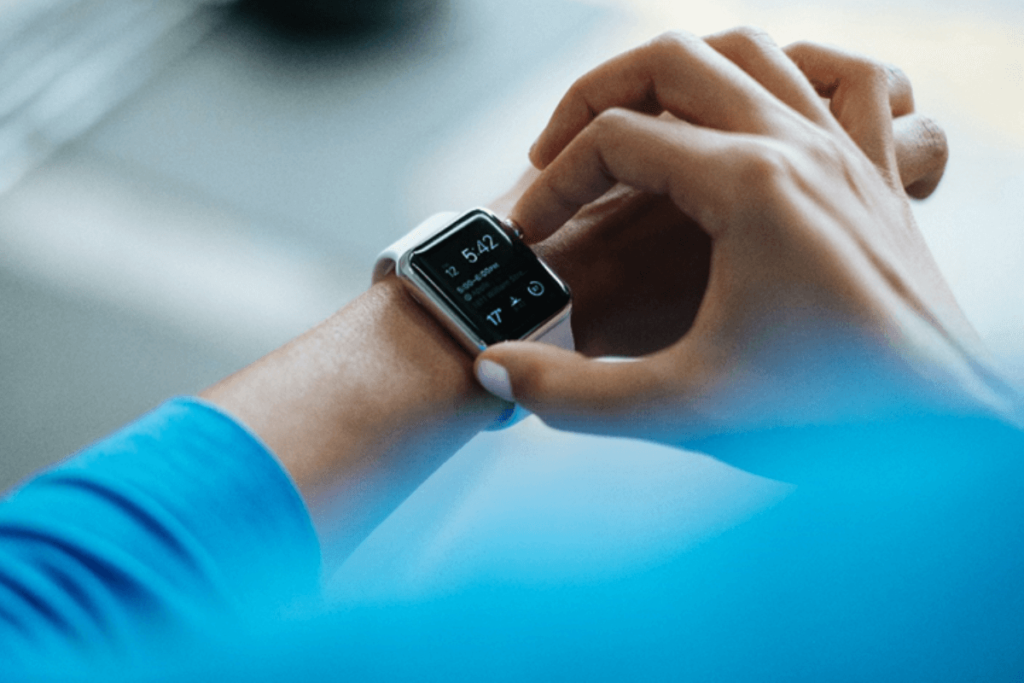Introduction
The development of augmented reality (AR) and virtual reality (VR) technology has given rise to new and exciting possibilities in a number of industries. These technologies are being used in fields as diverse as gaming, entertainment, education, and even healthcare.The potential uses of AR and VR are endless. In the healthcare sector, for example, AR and VR are being used to train doctors and surgeons, to provide patient care, and even to help with rehabilitation.
The Many Uses of AR and VR: From Games to Healthcare

Augmented reality has already been adopted in multiple sectors, from marketing to education. It is used to display relevant information to users in real-time, such as contextual information about a physical object while looking through a phone. It is also used to enhance training experiences, allowing trainees to observe demonstrations of various processes more closely, as well as to learn more about a product before buying it.Virtual reality allows users to immerse themselves in a two or three-dimensional virtual world that is entirely computer-generated. It is often used in the gaming and entertainment industry, but industries as varied as architecture, fashion, and medicine are also exploring its potential.
How is AR and VR used in Healthcare
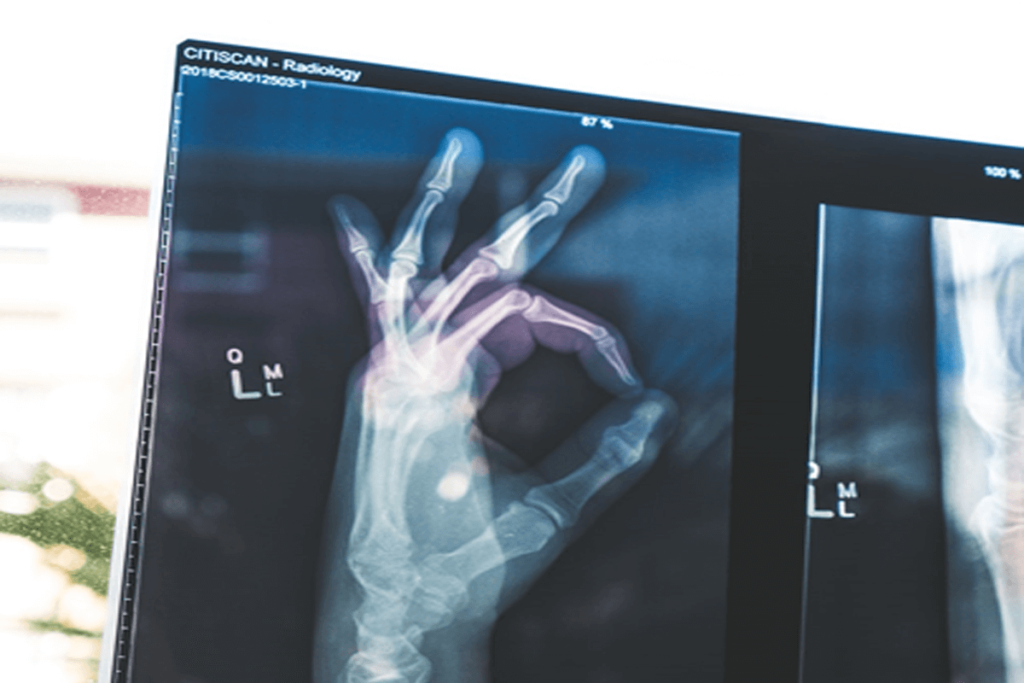
AR and VR have found many applications in the field of healthcare. Here are some ways they are being used:
- Remote Surgery: AR and VR are being used to enable remote surgery, enabling surgeons to perform operations without actually being in the operating room. This could help revolutionize surgery, making it even faster and safer.
- Dental Surgery: VR and AR are being used to allow new types of dental surgery to be performed, as well as to remotely monitor patient progress or provide instruction to patients on how to take care of their teeth.
- Radiation Therapy: AR and VR are used to make radiation therapy more accurate and faster. This technology can track the exact location of the cancer cells and provide more precise doses of radiation.
How is AR and VR used in Games?
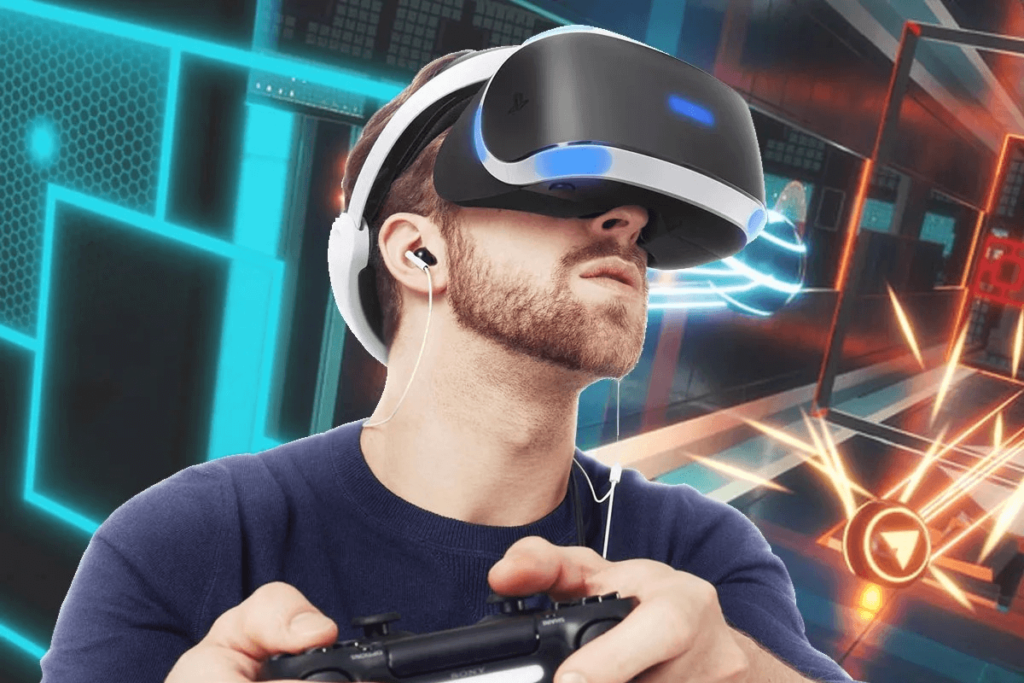
As well as being used in the medical sphere, Augmented Reality and Virtual Reality are heavily used in the gaming industry. To give you a taste of what AR and VR have to offer:
- Motion Tracking: Perhaps the most well-known use of AR and VR in gaming is motion tracking, in which the player’s body movements are tracked and used to control the game. This type of AR and VR is used to give the player an immersive and realistic experience that can’t be achieved on a conventional gaming console.
- Role Playing Games: Role playing games are exclusively designed for VR gaming, with players inhabiting a made-up world and meeting other players from around the world. AR and VR allow for an incredibly realistic experience that can’t be replicated with a traditional gaming console.
- Augmented Search Games: In these types of games, players compete in a "real world" setting in which they have to use the environment and clues to solve a mystery. In using AR and VR, game designers have the ability to add extra layers of realism and challenge to the games, making them far more engaging and enjoyable.
To wrap things up
To conclude, Augmented Reality (AR) and Virtual Reality (VR) have incredible potential to revolutionise gaming and provide players with more immersive and engaging experiences. With the incorporation of AR and VR, developers can experiment with the boundaries of reality and put players into entirely different worlds.
The possibilities are endless, and the advancements in AR and VR technology are moving faster than ever before. We’re already beginning to see AR and VR incorporated into modern society, and this is only the beginning.
